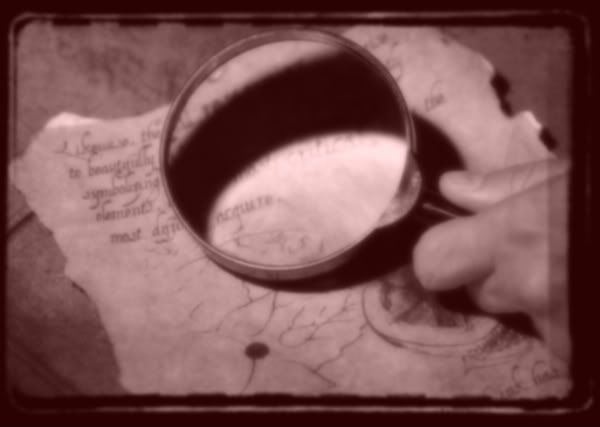 (This is the second in a series of three articles about Advent as we prepare our hearts for Christmas: (1) Advent's Journey, (2) Advent's Trauma, and (3) Advent's Celebration.)
(This is the second in a series of three articles about Advent as we prepare our hearts for Christmas: (1) Advent's Journey, (2) Advent's Trauma, and (3) Advent's Celebration.)The arrival of Jesus was declared to be "good news." He was given the title of Prince of Peace, and yet, there was anything but peace taking place around the events of his birth. Joseph, when he heard the Virgin Mary was pregnant, considered a quiet divorce* from her (a kinder option than having her stoned to death), the land was occupied by a brutal regime, and they were issued harsh requirements to travel far from home and give birth in a barn. All of these were certainly traumatic! Not yet fully realized by Mary and Joseph was the very real threat that Jesus' birth posed.
Later in his life, his presence would prove so threatening to religious leaders that they would have him assassinated, but from birth, he was perceived to be a threat by a civil king, too. You're probably familiar with the Christmas story about the Magi (probably astrologers from Persia) who stopped in to see King Herod (Matthew 2:1-18). They were on a quest to find Jesus - the King of the Jews - which Herod found so threatening that he had all the boys under the age of two in and around Bethlehem slaughtered, hoping that this infant king would be killed too. I can't imagine the horrific scene or the overwhelming heartache that took place as his orders were carried out.
Abuse is about trauma. It happens because people do terrible things to each other. It happens because the weak and vulnerable are crushed by those who misuse their power. It happens when compassion and empathy are not part of the cultural or personal equation of small-minded people.
In your journey beyond abuse, it is easy to be consumed by the trauma of your experiences. It is easy to feel threatened by the past. It is easy to become brutal or paranoid or calloused. It is easy to forget who you are or to run away from making that discovery, but I want you to know that there is also great joy in this journey.
The arrival of Jesus was, indeed, "good news." Despite all the cruelty, the tarnished reputations, or the harsh circumstances, the presence of Christ was and still is good news. In fact, against that brutal backdrop, the Prince of Peace especially shines bright in contrast to trauma as a beacon showing us another way.
The trauma of your abuse has the very real potential of turning you into an equally heartless predator, but it also can be used to propel you forward and away - beyond it. I realize this is an allegorical parallel, but the fact remains, that "the people walking in darkness have seen a great light; on those living in the land of the shadow of death a light has dawned" (Isaiah 9:2, Hebrew Bible).
As you walk on your journey beyond trauma - beyond abuse - you may feel as if you're walking in darkness. That's when it is most important to lift your eyes, focus on that star in the east (or west or north or south!) and follow that light through the trauma - the shadow of death - and into the dawn. Your dawn begins the moment you choose to take a different road than the cruel, the paranoid, or the calloused. Your dawn takes place when you follow the Prince of Peace and become – like him - a magnificent being of depth, compassion, empathy, and kindness.
*Betrothal during the era of Jesus’ birth was considered to be marriage that had not yet been consummated.
Next week we will look at Advent's Celebration and the parallels to your journey beyond abuse.
Written by
Sallie Culbreth, Founder
Committed to Freedom . . . providing people with spiritual tools to help them move beyond abuse.











